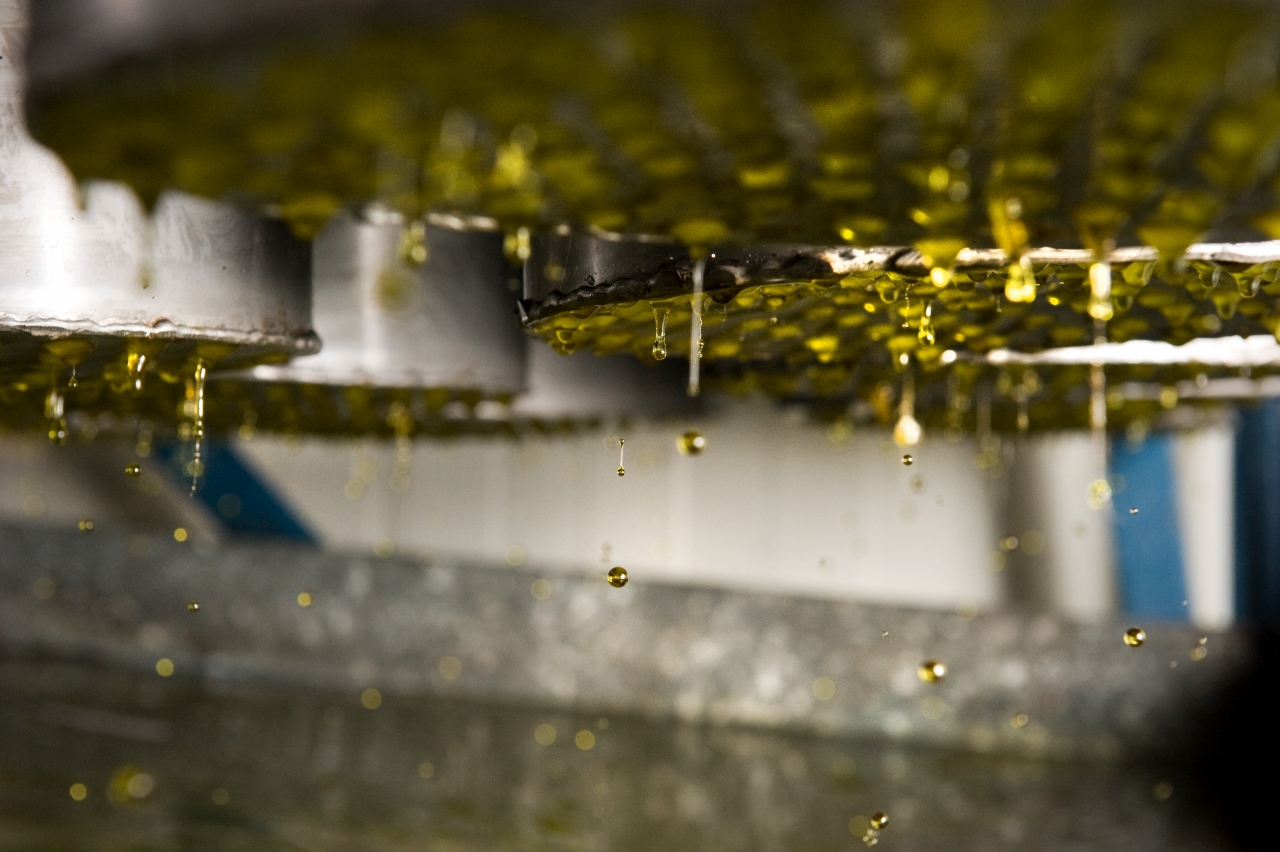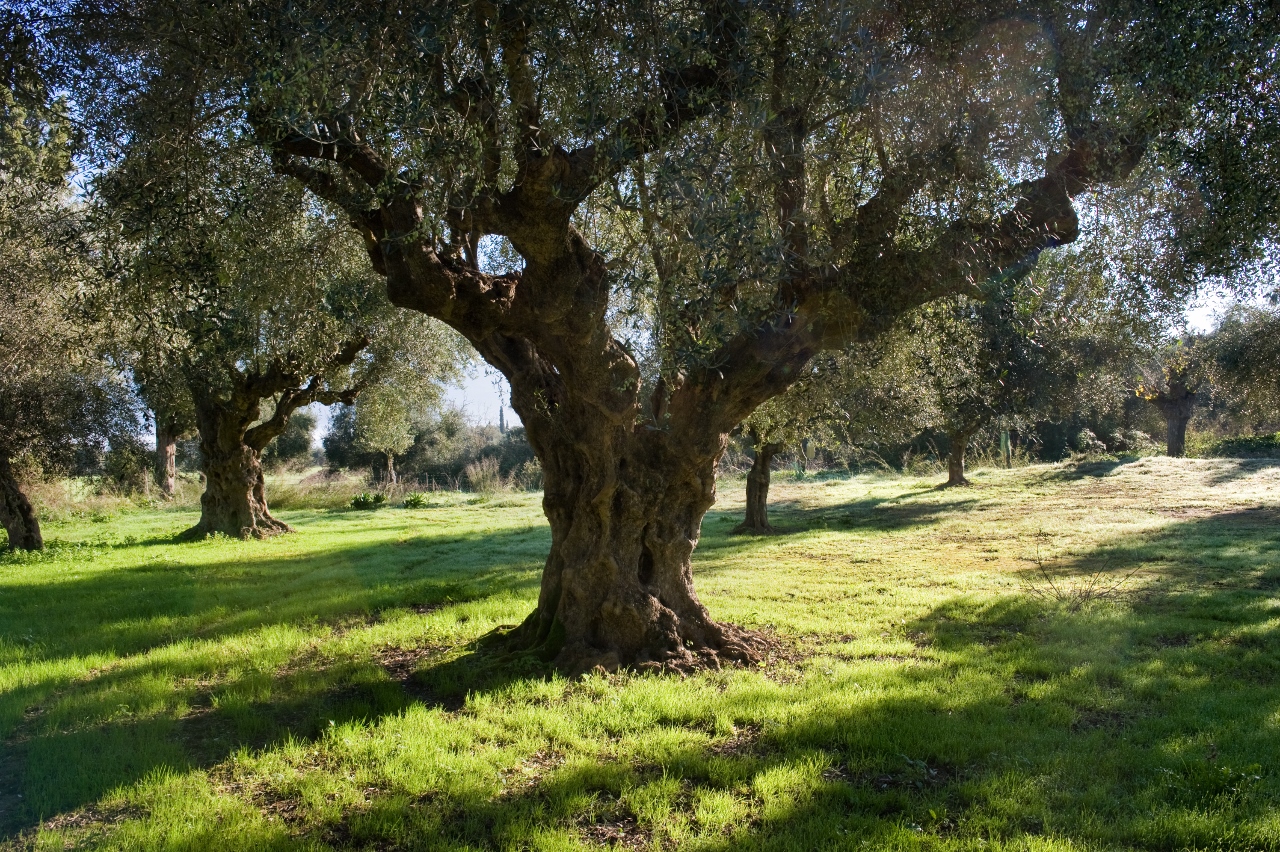Market Report:
Just starting up: first of the season quince, pomegranates, and cranberries. Bear in mind that first of the season is not peak season, so if you can wait, you’re better off flavor-wise. New this weekend: fuyu persimmons, forelle and comice pears, and native black radishes.
Ending or gapping: figs are very hard to come by. We have been able to get a few green zebra figs here and there, but black mission have been sparse and poor quality. Rosa Bianca eggplant is almost over, as well as heirloom tomatoes. The short french butter pear season is almost done, but we have lots of other great pears, like warren, comice, forelle and seckel.
First of the Season
- Native Romanesco Cauliflower
- Long Island Cheese Pumpkin
- Native Delicata Squash
- Georgia Candy Roaster Squash
- Uchiki Kuri Squash
- Native Butternut Squash
- Native Spaghetti Squash
- Baby Brussels Sprouts
- Early-variety Quince
- Fresh Oregon Huckleberries
- Early-variety Pomegranates
- Early-variety Native Cranberries
- Concord Grapes
- Native Red Grapes*
- Forelle Pears
- Comice Pears
- Fuyu Persimmons
- Locally-foraged Chicken Mushrooms*
Scott Farm Orchards
- Cox’s Orange Pippin
- Belle de Boskoop
- Ananas Reinette
- Honeycrisp
- Gala
- Macoun
- Dolgo Russian Crabapples
Black Fox Farm
Native Rainbow Carrots (large)
Crown O’ Maine Organics
- Black Radishes
- Soldier Beans* (dried)
Fresh Start Farm – Lisbon, ME
Husk Cherry Tomatoes (aka Ground Cherries, aka Cape Gooseberries)
Stillwater Orchards – Courtland, CA
- French Butter Pears (very limited)
- Seckel Pears
Ward’s Farm – Sharon, MA
- Native Raspberries*
- Native Corn
- Rosa Bianca Eggplant
- Early Girl Tomatoes
- Mixed Heirloom Tomatoes
- Fancy Mixed Heirloom Squash
- Fresh Cranberry Beans
- Fresh Lima Beans
Frog Hollow Farm – Brentwood, CA
- Warren Pears
Equinox Farm – Sheffield, MA
- Native Mesclun
- Mixed Braising Greens*
- Baby Arugula
Farm Girl Farm – Great Barrington, MA
- Baby Hakurei Turnips* Baby Scarlet Turnips Mustard Flowers*
& Also…
- Queen Charlotte Chanterelles
- Fresh Oregon Lobster Mushrooms
- Fresh Oregon Matsutakes
- Jumbo Squash Blossoms
- Fresh Garbanzo Beans
- Wild Oregon Pousse-Pied
- Baby Artichokes*
- Tri-Color Cauliflower
- Italian Prune Plums
- California Peaches/White Peaches
- California Nectarines
- California Plums & Pluots
- Black Mission Figs
- Meyer Lemons
- Native-style Quebec Strawberries
- Cold Hollow Farm Apple Cider
- Maine Apple Cider Syrup

